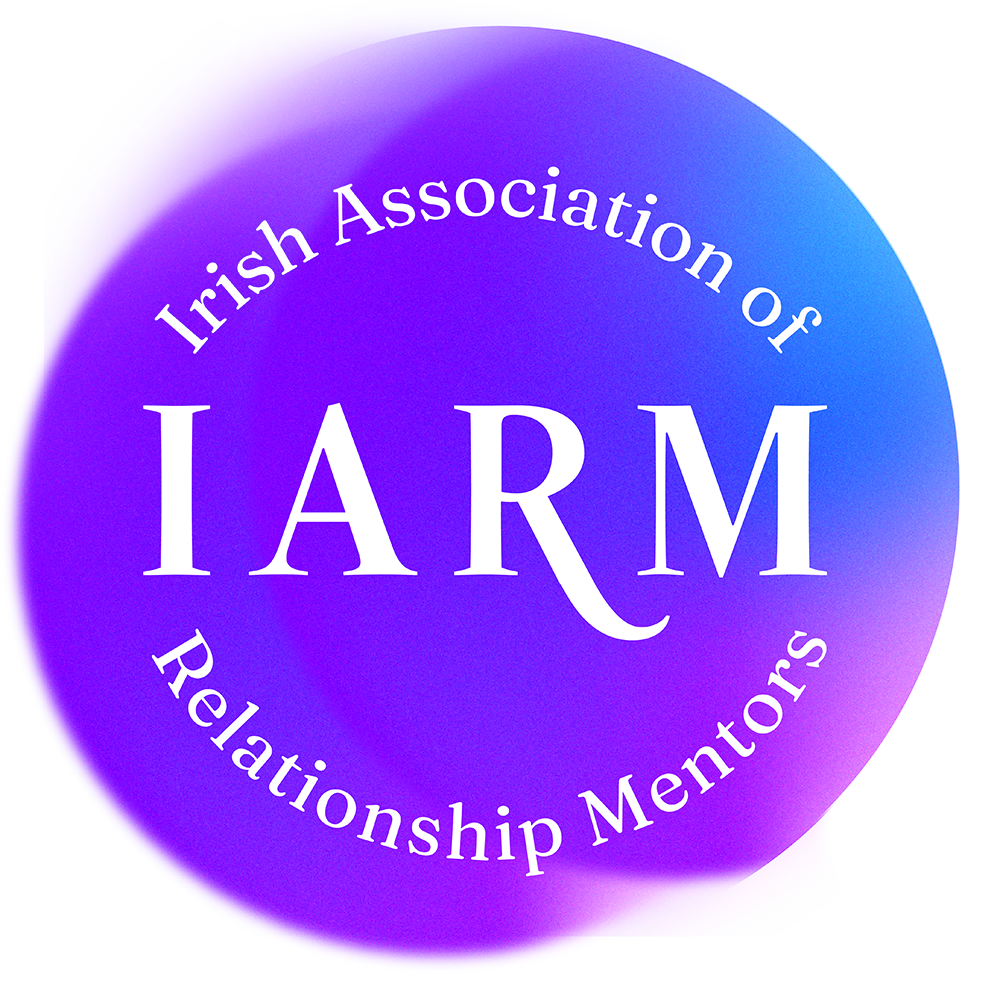Ethical Practice
IARM is committed to the development and promotion of safe, ethical, and competent practice for all our members, which we believe ensures appropriate safeguarding for members of the public. IARM understands that the cornerstone of safe and competent practice is the ethical framework that we have developed and that all our members commit to. Our ethical framework is outlined below:
Continuing Personal Reflection
Continuing Personal Reflection on the state of the Mentor’s own internal world and engaging in Shared Vision Supervision provide a guarantee of ethical practice.
Responsiveness to the welfare of the Client is reflected by the Mentor working strictly within their parameters of competence and providing services on the basis of adequate training and/or experience.
The monitoring of professional practice through continuing personal reflection on the state of one’s own inner world is of vital importance in maintaining a strong and robust ethical practice. Consideration must be given to whether it is the Mentor’s Screen or Real Self that is being brought to the therapeutic relationship. Participation in on-going Shared Vision Supervision is a key activity in ensuring this CPR happens regularly.
These processes ensure that Mentors mitigate any unwitting distress to their Clients that may have arisen from their own inner worlds such as stress, fatigue, projections or introjections.
Regular reviews of the on-going mentoring relationship with the Client are a reliable means of checking how the relationship is and if the Client’s needs are being met. This regular review is key to ensuring both the Mentor and the Client are adequately safeguarded at all times.
Relational Safety
The creation and maintenance of relational safety is key to ethical practice within the mentoring relationship. Creating a relationally safe space requires the maintenance of an unconditional, non-judgemental stance in relation to the Client always.
The creation of trust in the relationship between the Mentor and Client is of paramount importance. The Mentor must be absolutely clear that the Client is not there to meet her or his needs in any of the expressions of Self: emotional, physical, intellectual, sexual, social, behavioural, creative or spiritual.
The Mentor’s level of conscious awareness and commitment to continuing personal reflection will dictate whether or not the Mentor can create a relationally safe and trustworthy relationship with the Client. Relationship Mentors understand that the Client always knows – even if at a below conscious level – where she or he is at and their own current level of safety.
Another element of relational safety is to ensure that there is no intrusion on the therapeutic relationship by the needs of others, for example, the needs of a partner or employer. The focus needs to remain solely on the person seeking help.
Further, when considering relational safety, one must respect that a disclosure to a third party of any information shared by the Client, about the Client and their life experience, is done only with the express permission of the Client. All legal requirements must be met, with due consideration being given to the relationship with the Client and the wellbeing of children. Disclosure of information about a child requires very sensitive responsiveness, in line with legal requirements. Mentors are conscious of their legal responsibilities and work with their clients to ensure appropriate responsiveness.
Wisdom
Wisdom encompasses the Mentor’s recognition of the ever-present wisdom of the Client, and indeed, of their own ever-present wisdom.
The Client needs to be the one who decides what vision/goals/outcomes she or he wants for her or himself. In other words, while there is place for the Mentor to safeguard themselves, there is no place in the mentoring relationship for the Mentor’s own personal agenda.
Decisions regarding pacing of appointments, continuation or termination of the mentoring relationship belong with the Client. Any conflict of interest that may arise is discussed immediately with the Client and resolution is left primarily in the hands of the Client.
Equality, Diversity, Inclusion Statement
IARM supports and encourages the fair, non-judgemental and unbiased treatment of all Clients, alongside being respectful of their human rights, cultures, and dignity.
IARM believes in the uniqueness and individual nature of all human beings. We recognise the creativity, wisdom, awe, power beyond measure, difference, and genius that is present in each person. We see the potential in all human beings. We do not discriminate on the basis of race, colour, religion, gender, gender identity or expression, sexual orientation, national origin, genetics, disability, political stance.
IARM recognises that it is imperative that the Mentor does not judge his/her practice through the Client’s reactions thus ensuring that his/her sense of worth is not attained through the mentoring relationship.
IARM urges Mentors to offer equal opportunity to those seeking help, and not to use a person’s defences as reason to decline one’s service (bearing in mind, of course, that one’s level of competence fits the client’s needs).
